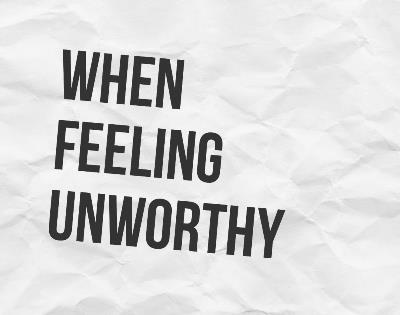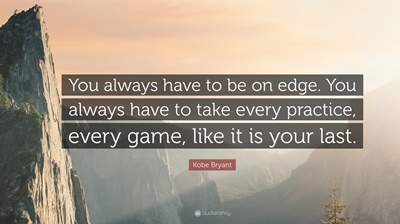Following up on some highlights of the excellent book ‘Never split the difference: negotiating as if your life depended on it‘ by Chris Voss, he has a quite convincing development on the need to be able to say ‘no’ and get your counterpart in a negotiation say ‘no’ too.

It “is difficult for many people because they go directly against one of society’s biggest social dictums. That is, “ Be nice” We’ve instrumentalized niceness as a way of greasing the social wheels, yet it’s often a ruse. We’re polite and we don’t disagree to get through daily existence with the least degree of friction. But by turning niceness into a lubricant , we’ve leeched it of meaning.” As a result it becomes quite impossible to know exactly what the person is feeling.
““ No ” is the start of the negotiation, not the end of it. We’ve been conditioned to fear the word “ No” But it is a statement of perception far more often than of fact. It seldom means, “ I have considered all the facts and made a rational choice” Instead, “ No ” is often a decision, frequently temporary, to maintain the status quo. Change is scary, and “ No ” provides a little protection from that scariness.”
Chris Voss goes on presenting a number of techniques aimed at provoking a clear ‘no’ as a starting point for earnest negotiation. He even mentions that if it is not possible to get a ‘no’ there is probably something hidden that is worth uncovering.
Let’s give ourselves and our counterpart the permission to say ‘no’. It is an excellent foundation for further discussion and negotiation.











